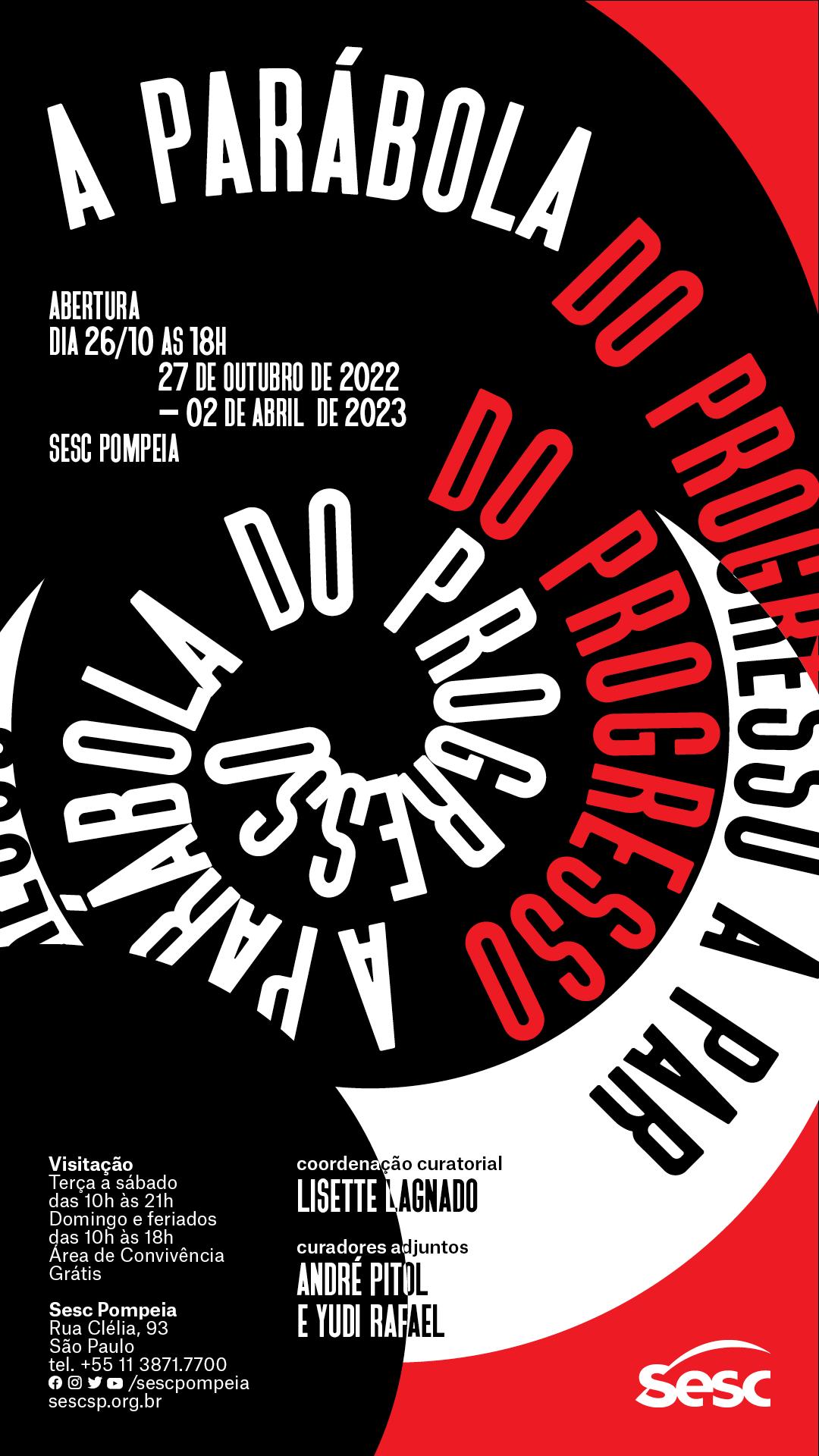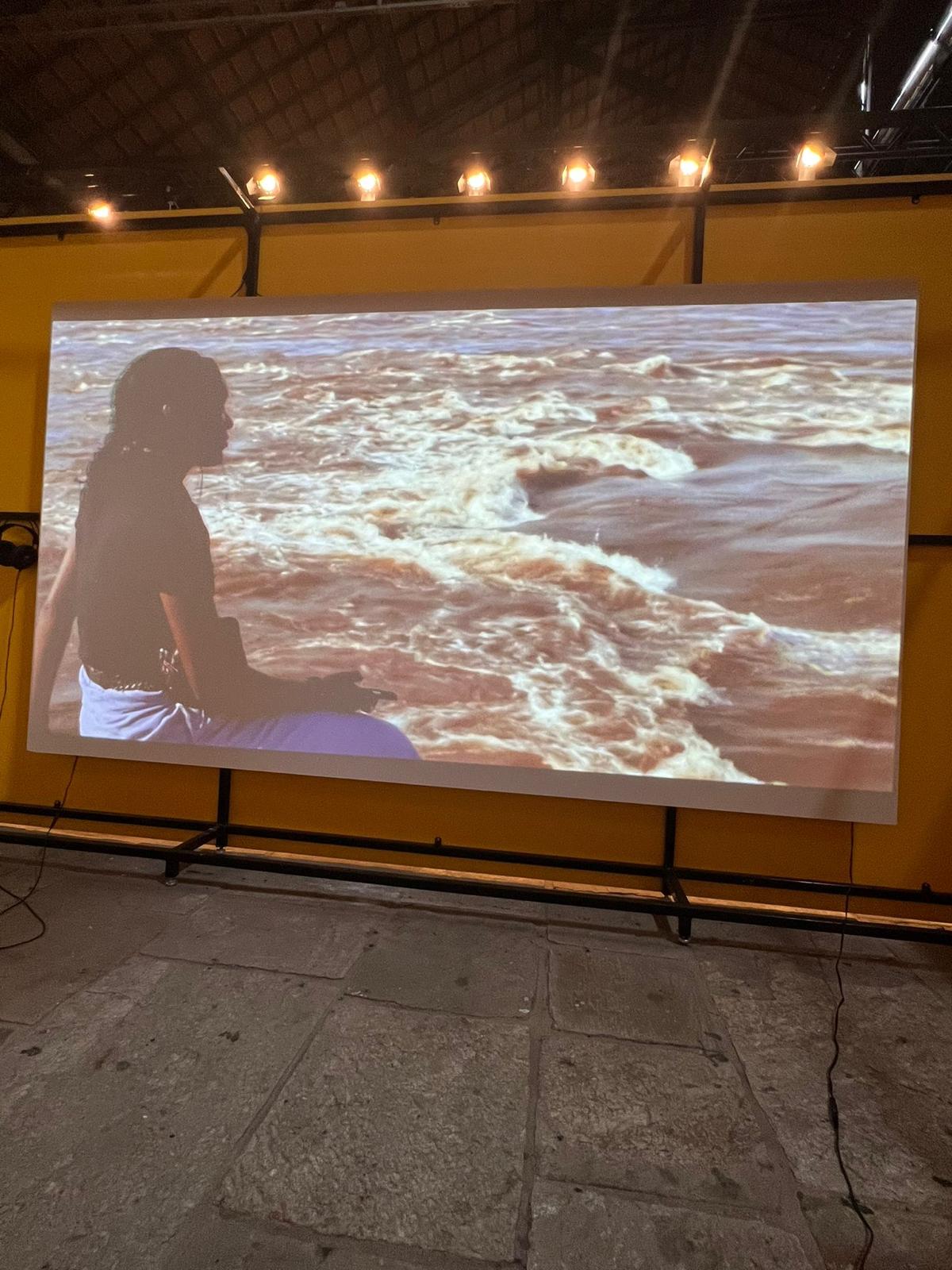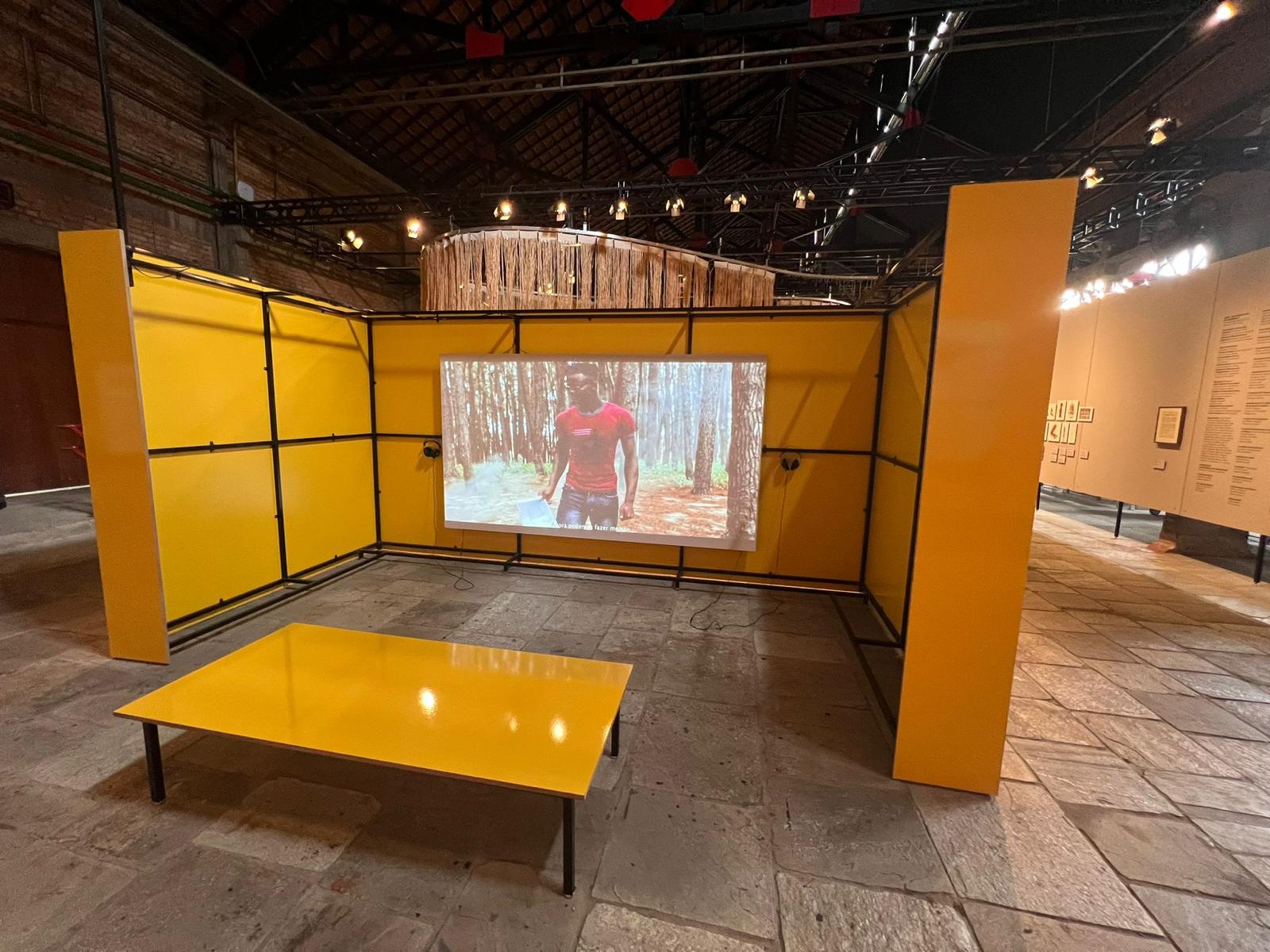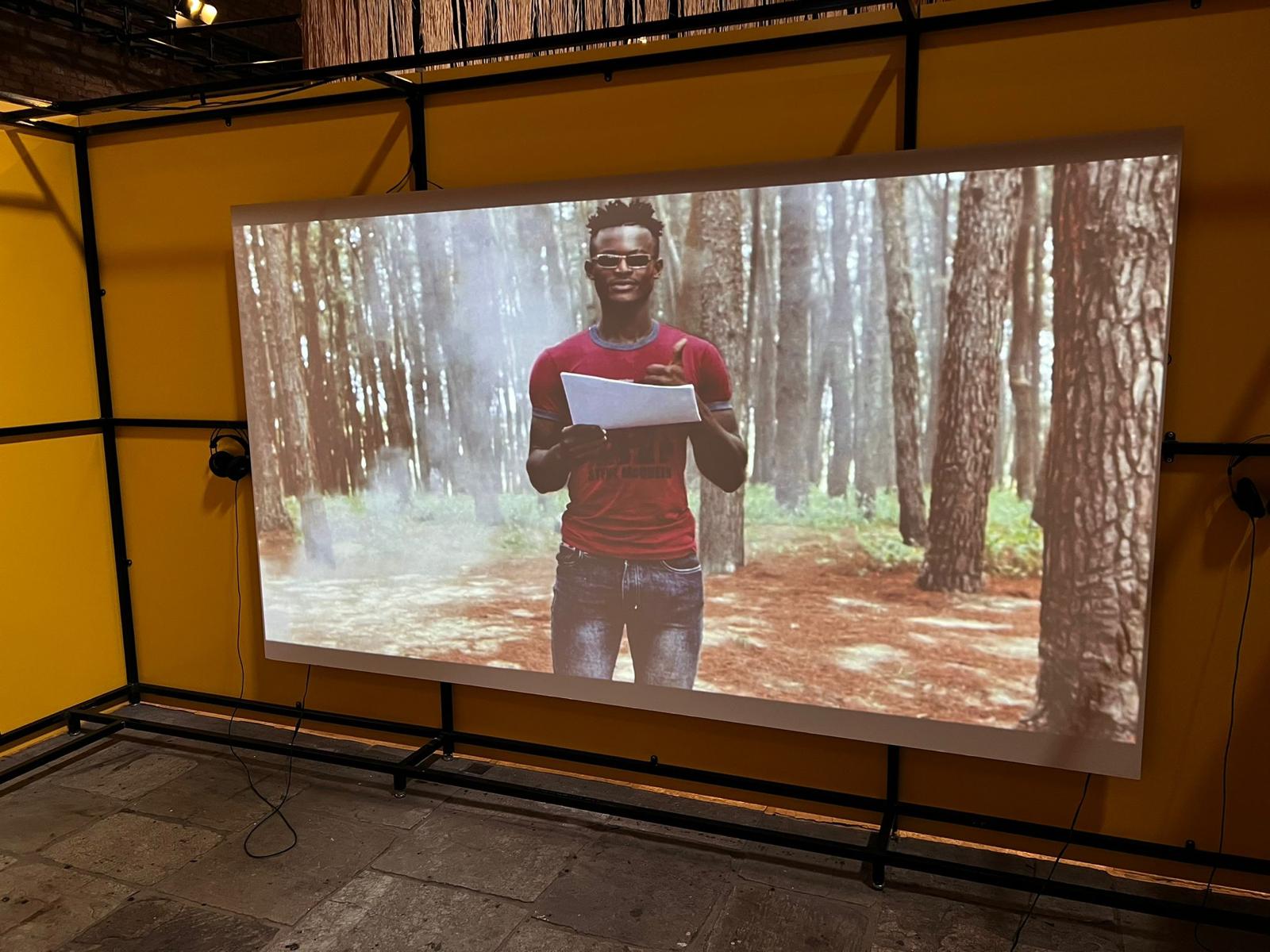A PARÁBOLA DO PROGRESSO
(THE PARABLE OF PROGRESS)
From 26/10/22 to 02/04/23, Tuesday to Sunday at SESC Pompéia, São Paulo, Brazil.
Curatorial coordination by Lisete Lagnado and assistant curatorship by André Pitol and Yudi Rafael
(THE PARABLE OF PROGRESS)
From 26/10/22 to 02/04/23, Tuesday to Sunday at SESC Pompéia, São Paulo, Brazil.
Curatorial coordination by Lisete Lagnado and assistant curatorship by André Pitol and Yudi Rafael
The exhibition reflects on the country's ideals of modernity and independence, seeking inclusive and diverse projects. With five dialogic territories, the show brings together social forces in welcoming environments for its communities. These five spaces celebrate the 40th anniversary of SESC Pompeia, inaugurated in 1982, which is a stage for culture, leisure, social welfare, and health - qualities and values to be rescued in this moment of global dystopia.
The event also coincides with the bicentennial of Brazil's Independence (1822) and the centennial of the São Paulo Modern Art Week (1922), two historical dates that cut across the conception of the project, part of Sesc São Paulo's "Diverse 22" program. The curatorial coordination is by the critic Lisette Lagnado, with associate curators André Pitol and Yudi Rafael.
Aiming to discuss Lina Bo Bardi's legacy to Sesc Pompeia, one of the city's most vibrant architectural icons, the curators bring other references to add experiential and social layers to the project. Thus, five "dialogic spaces" participate in the exhibition, each with its own singularity: Acervo da Laje (railway suburb of Salvador, BA), Aldeia Kalipety (São Paulo, SP), Casa do Povo (São Paulo, SP), Quilombo Santa Rosa dos Pretos (Itapecuru Mirim, MA), and Savvy Contemporary - the Laboratory of form-ideas (Berlin, Germany).
In opposition to authoritarian and demagogic drifts, different social forces have managed in the meantime to organize themselves and generate spaces of hospitality able to support their community. Knowing how to articulate cultural production within a perspective of care, sensitization and conviviality, these five meeting centers, now implemented within the Sesc Pompeia's Living Space, reinforce its transformation into a "village", amplifying Sesc São Paulo's wish when it invited Lina Bo Bardi and her team to recover the former drum factory: "to build another reality". They operate as conductors of hope within the parable of Positivism, called to illustrate the mythical relationship of this "country of the future", since its colonization and the Afro-Atlantic traffic, through various migratory flows that built the idyllic image of a hospitable nation, a land blessed with exuberant nature, the generosity and emotional expansiveness of a people that would have found its happiness in the mestization of its roots. Known for her appreciation of popular culture, Lina Bo Bardi's work also acquires new inflections today in the wake of decolonial studies attentive to the recognition of different degrees of extractivism and silencing.




